Hard Skills
Hard skills are the things that we are taught/learned via schools, colleges, training etc. They are considered tangible skills because they're easily identified and measured with things like tests and exams. They are easier to evidence via certificates and awards. When writing a resume or applying for a job, it's essential that you convey hard skills to your prospective employer, such as schooling, degrees, training and certificates.
Examples: Computer Software, Mathematics, Engineering, Ability of operate heavy machinery, foreign languages, web design, nursing, finance, electrical, legal etc.
Soft Skills
Soft skills unlike their hard counterparts are not easy to measure as they are essentially your interpersonal/people skills, character traits & personality. They help us to not only interact well with others but make a positive contribution to your employer. Acquired over time and developed during your life experiences, we can transfer them from job to job (transferable skills).
Examples: Soft skills include attitude, communication, creative thinking, work ethic, teamwork, networking, decision making, positivity, time management, motivation, flexibility, problem-solving, critical thinking and conflict resolution.
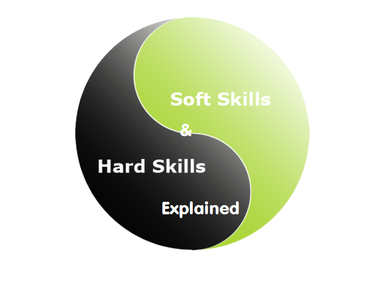
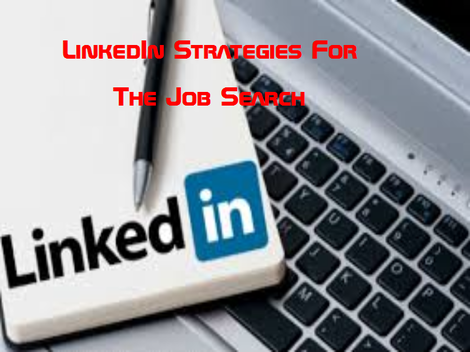
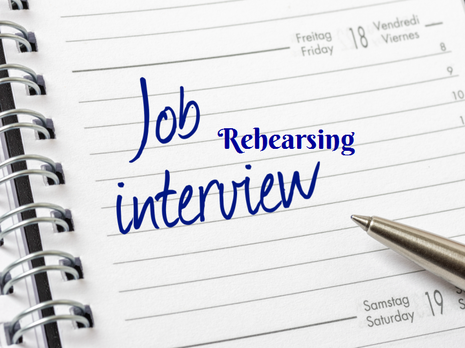
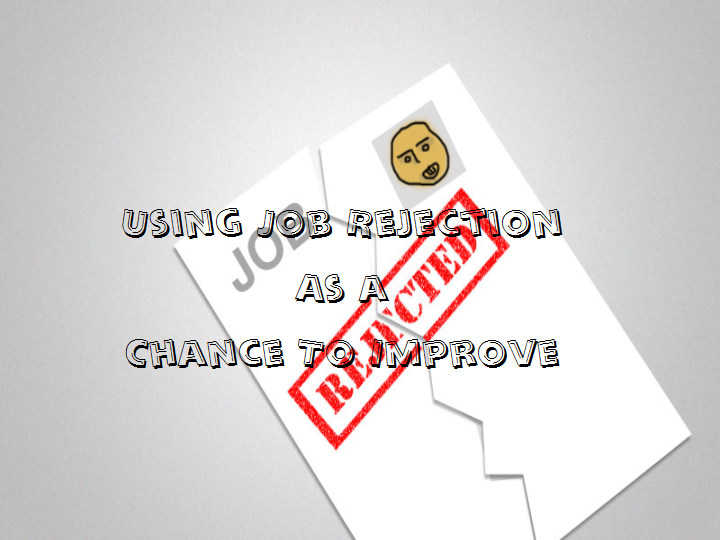
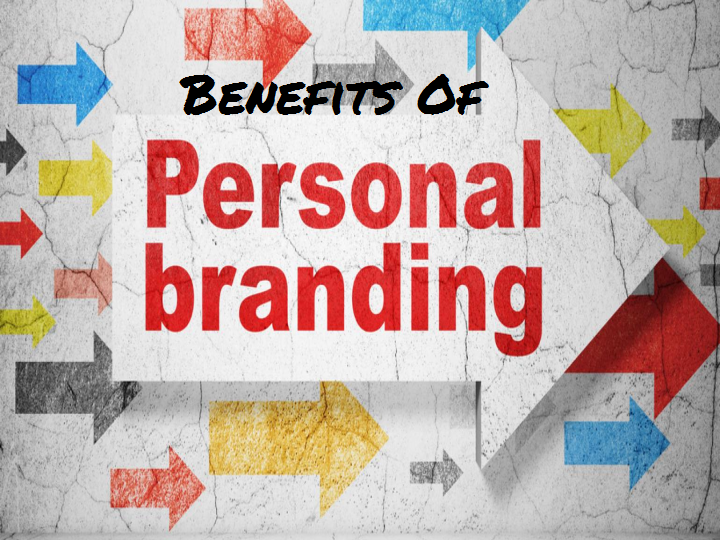
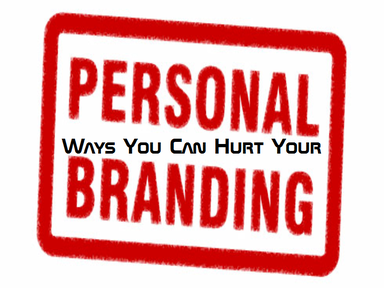
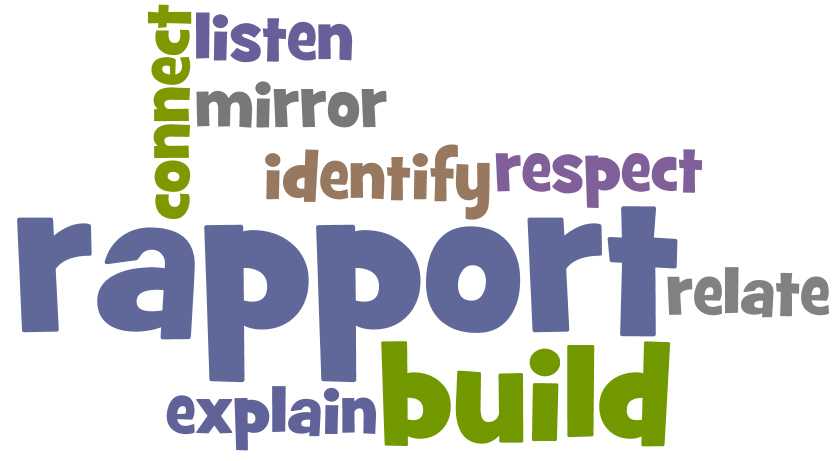




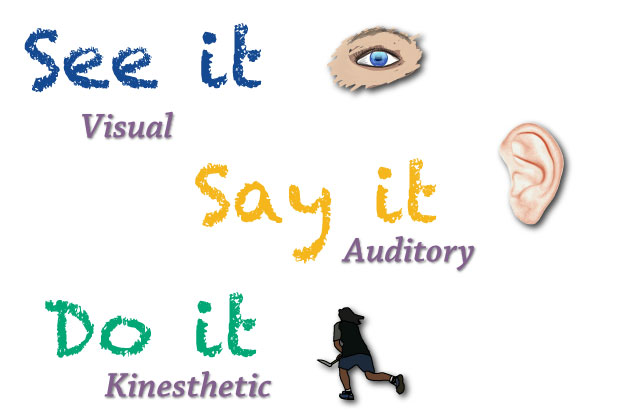
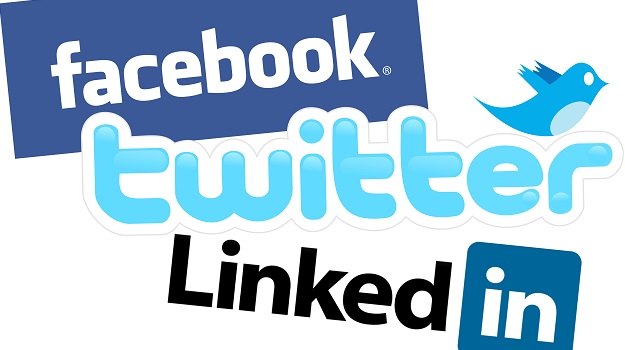

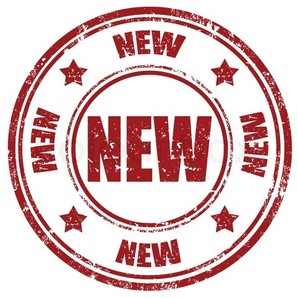
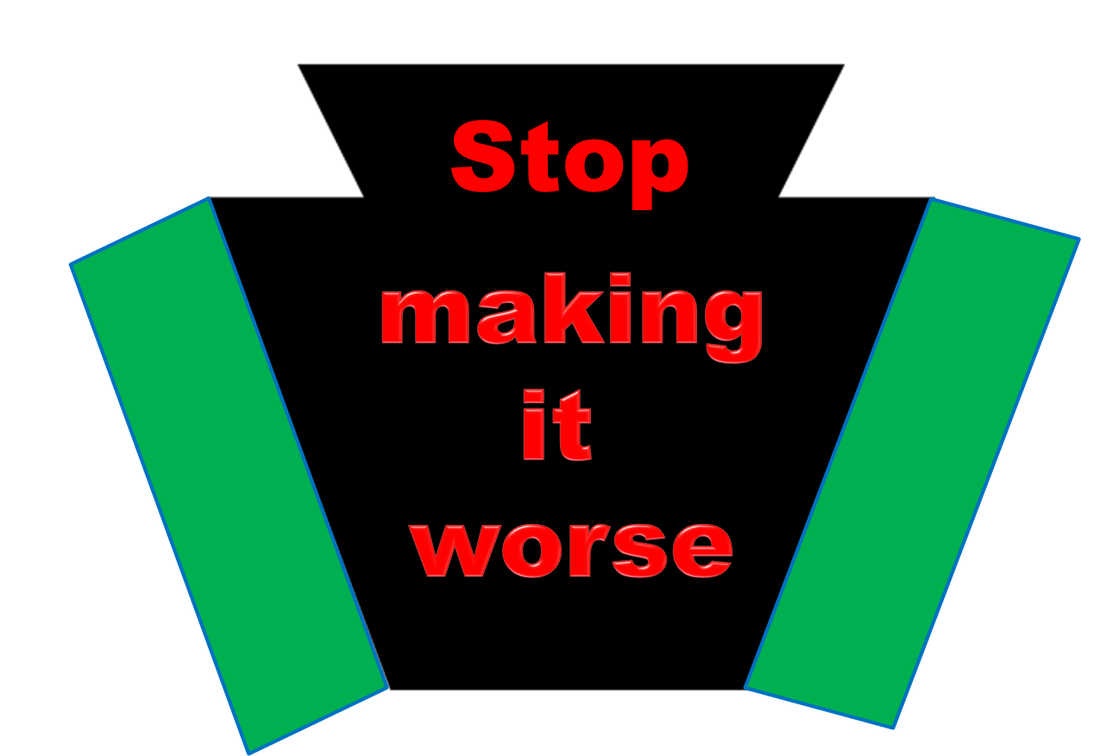



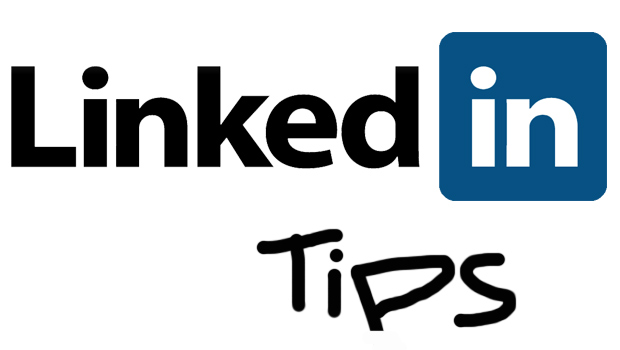
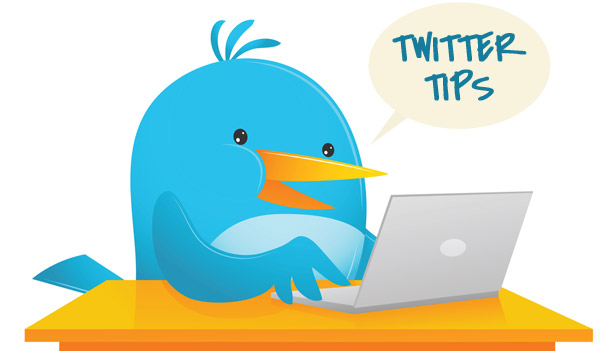
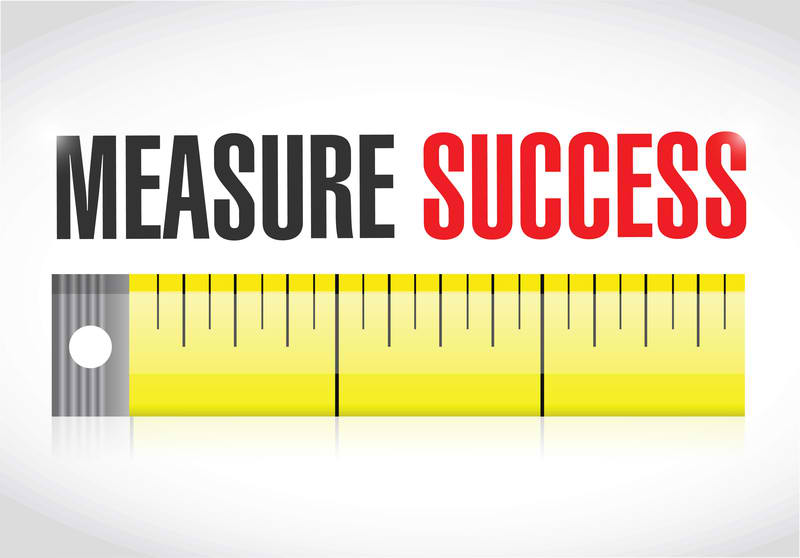


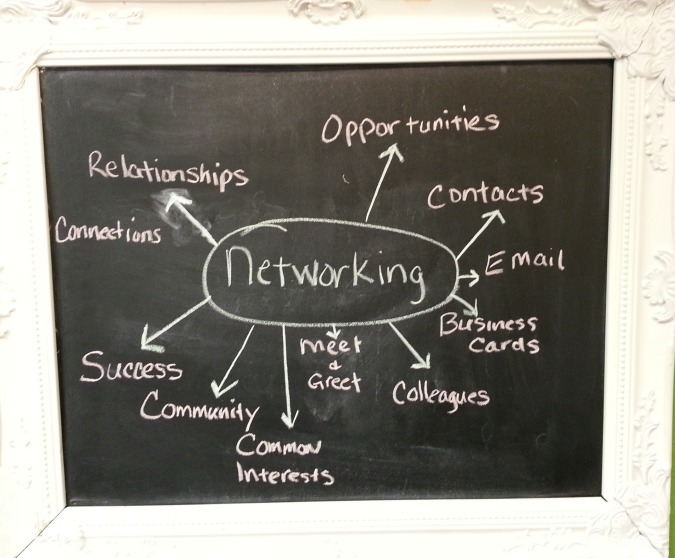
 RSS Feed
RSS Feed
